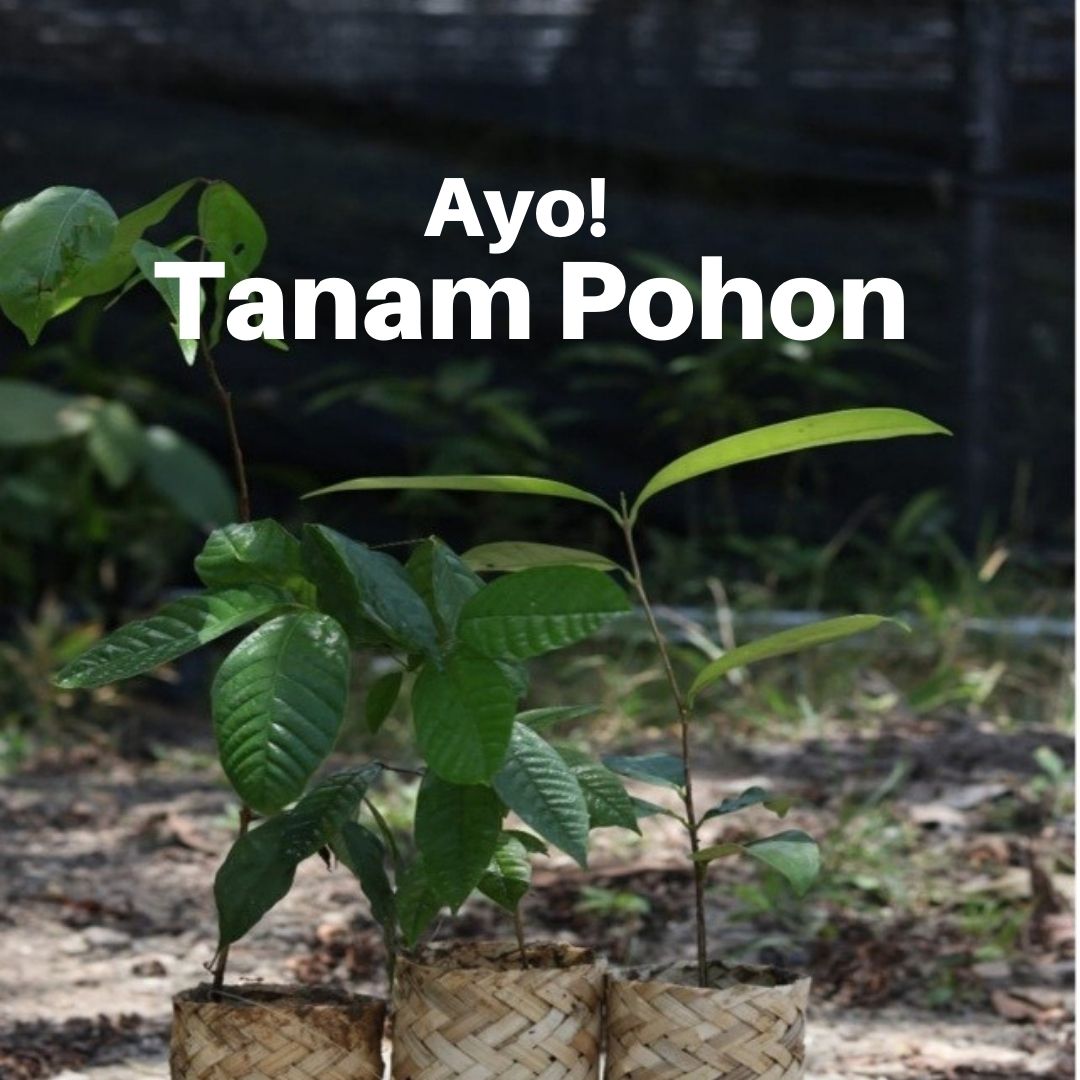Indonesia underscores the criticality of accurate forest monitoring for policy-making, especially regarding globally impactful regulations like the European Union Deforestation-free Regulation (EUDR). Ensuring precision in forest monitoring necessitates attention to detailed parameters and Ground checks.
This revelation unfolded during the 19th United Nations Forum on Forests (UNFF) Side Event, Robust Forest Monitoring System for Assuring The Sustainable Forest Management, in New York, United States, Thursday, May 9, 2024.
“I would also like to reiterate the importance of data and information accuracy, particularly in developing policies that could significantly impact the global economy. For example, the EUDR policy, which is developed only based on macro or global parameters. EUDR policies must consider more parameters and the need for ground-check activities. This is what we can develop further through a robust forest monitoring system,” remarked Deputy Minister of Environment and Forestry, Alue Dohong, during the session’s opening.
Acting Director-General of Sustainable Forest Management at the Ministry of Environment and Forestry, Agus Justianto, added that forest monitoring using remote sensing technology needs refinement with ground checks. “Nowadays, no available technology can describe the field conditions with accuracy or precision. Therefore, we must still do ground-check activities to refine the remote sensing analysis results,” he stated.
According to Agus, ground checks aim to ascertain the actual field conditions of land cover, to enhance the accuracy of forest cover data, and acquire new field data and information undetectable solely through satellite imagery.
Agus explained that Indonesia utilizes remote sensing technology in monitoring forest resources to support sustainable forest management at the forest management level, including the use of high-resolution satellite imagery. Furthermore, Indonesia has categorized land cover into 23 classes based on field conditions, encompassing both forest and non-forest cover areas.
“All land cover data is a primary consideration in formulating policies to support sustainable forest management practices,” he emphasized.
Presently, all spatial data on forest monitoring in Indonesia is accurately presented through the National Forest Monitoring System (SIMONTANA). Through SIMONTANA, Indonesia can scientifically demonstrate to the world the deforestation rate that is accountable.
Meanwhile, Professor Matthew Hansen, a distinguished figure in global forest monitoring from the Department of Geographical Sciences at the University of Maryland, United States, highlighted Indonesia’s success in reversing deforestation trends compared to other nations like Brazil, the Democratic Republic of Congo, and Bolivia, which continue to experience deforestation increases.
Moreover, monitoring using IPCC standards indicates a dramatic reduction in Indonesia’s deforestation rate. “In the last seven years, Indonesia’s deforestation rate has decreased by almost a third,” Hansen stated.
Hansen concurred on the importance of enhancing accuracy and reducing biases in forest cover monitoring, including the significance of field testing. He also commended the implementation of SIMONTANA, supported by experts in the field, a resource not possessed by other countries.
Indroyono Soesilo, Chairman of the Indonesian Forestry Concessionare Association (APHI), mentioned that forest business permit holders conduct forest resource monitoring in accordance with prevailing regulations, including boundary delineation, monitoring of Annual Work Plans, and forest and land fire prevention.
“The involvement of multi stakeholders in forest monitoring, including APHI members, has contributed to the reduction in deforestation rates in Indonesia,” he noted.
Also present as speakers at the session were Fred Stolle, Deputy Director of the Forests Program at the World Resources Institute (WRI) International, and Dr. Sara Goeking, Forest Inventory and Analysis Manager at the US Forest Service. ***



